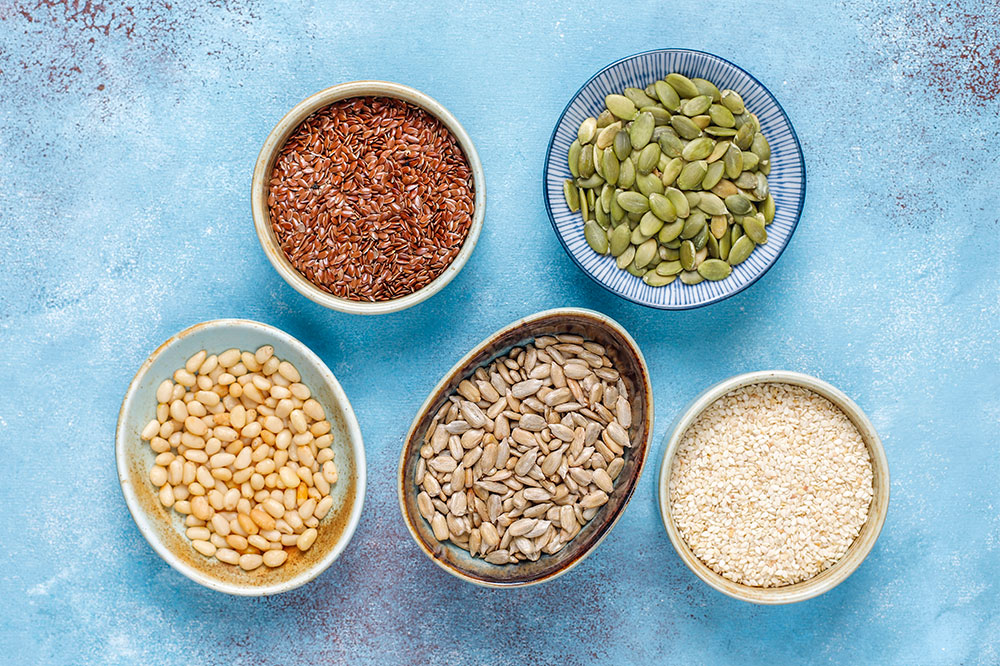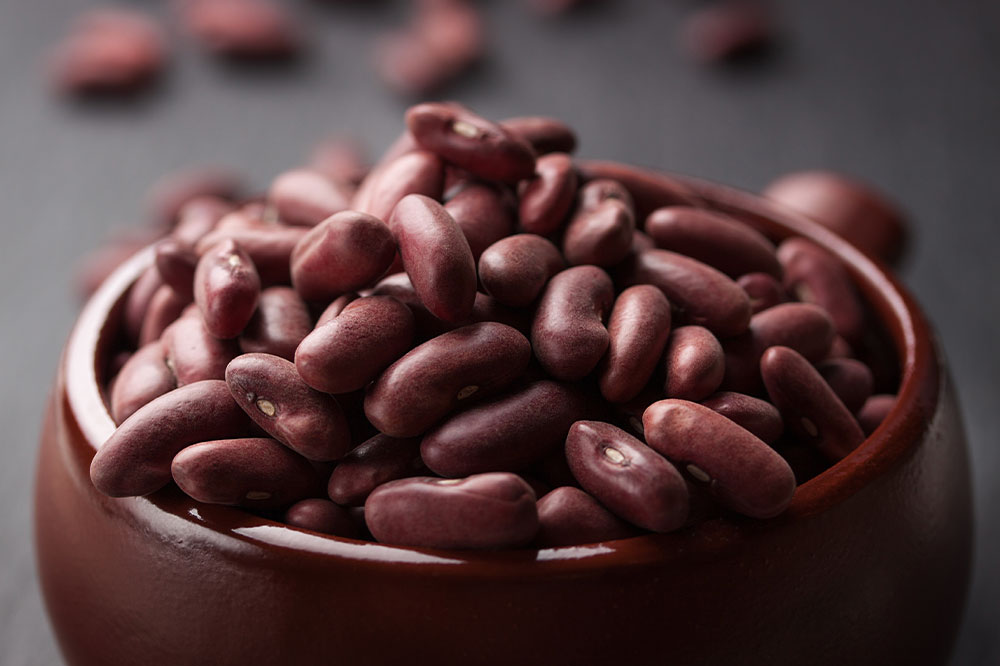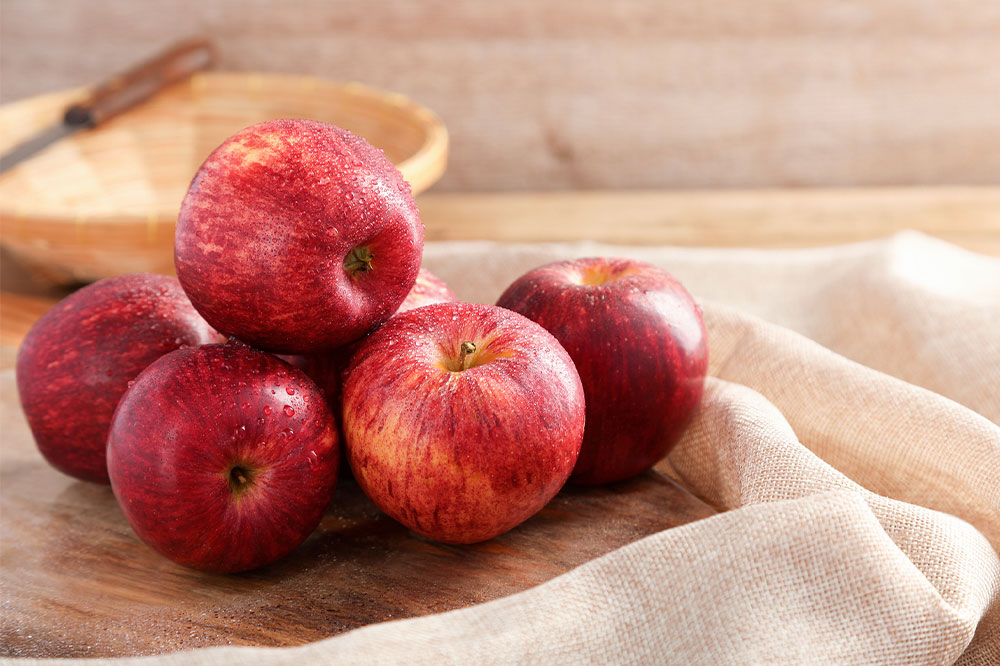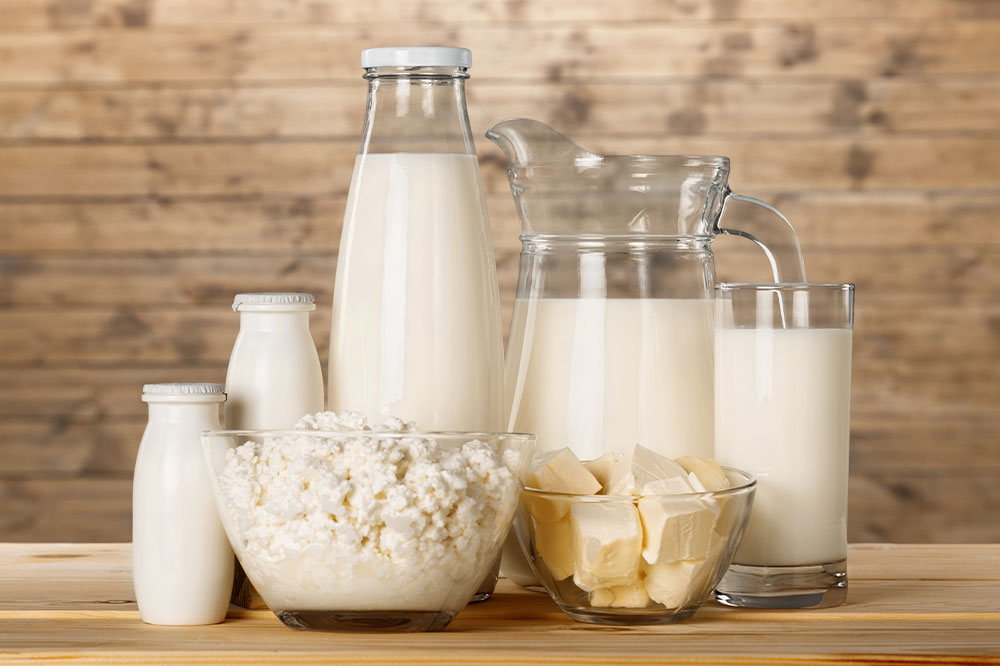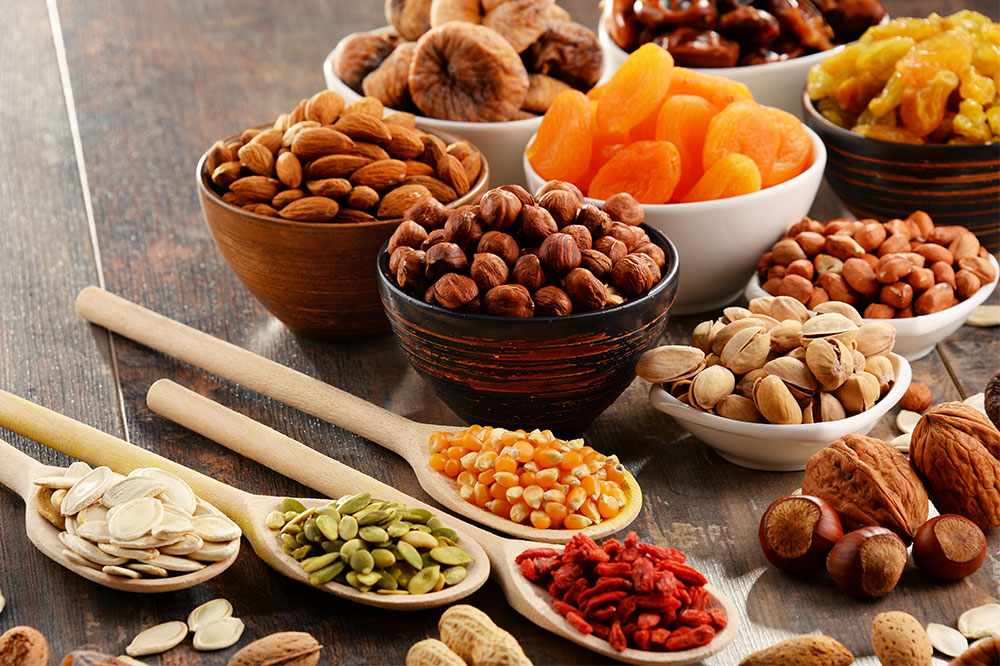
Safe food options during immune thrombocytopenia
Immune thrombocytopenia (ITP) is a condition in which patients can bleed or bruise easily and excessively. Seeking proper professional guidance and therapy is crucial in such situations, but that alone cannot help improve the quality of life. Healthy lifestyles and food choices can also play a pivotal role in helping these patients combat the disease. Therapy and healthy food choices go hand in hand to provide better patient care and ensure minimum health risks. Fats Avoiding fats from one’s meals is not a recommended approach to healthy meals. Foods rich in healthy unsaturated fats also bring numerous nutrients to the table. This includes options like nuts and seeds, avocados, nut butter, and high-quality cooking oils or ghee. Including healthy fats in meals can also help immune thrombocytopenia patients cope better with their stress. The higher number of calories in these food products proves beneficial to the body. Avoiding unhealthy or saturated fats in meals is one of the most common pieces of advice people with any health condition get. This is especially important for people who stand a risk of cardiac diseases. Since ITP patients are prescribed prolonged corticosteroid usage, food that can negatively impact the heart should be avoided as much as possible.
Read More 

